Celebrating the Thirtieth Anniversary of the IES
On April 21, 2011, the Institute of European Studies (IES) at the
Prof. Wang Weiguang offered his congratulations by praising the IES for its remarkable academic achievements over the past three decades. Mr. Mei Zhaorong, former Chinese ambassador to
The IES was founded in May 1981 as the
After the ceremony, the annual China-EU Ambassadors Forum was held. Ambassador Ederer spoke at the forum on the EU’s foreign policies and also on the EU-China relations after the Lisbon Treaty. Director Zhou Hong commented on Ederer’s speech by saying that, given the nature of mutual dependence and benefits of the China-EU relations, the two sides need to move forward beyond the differences in their political, economic and social systems.
For the next session on EU’s 2020 Strategy and
At the session titled “New Development and the Future of G20”, Prof. Jiang Shixue, Deputy Director of Institute of European Studies, CASS, summarized what has been achieved after the last G20 summit in South Korea, and suggested that better coordination and consultation is need for both China and the EU to strengthen cooperation in the G20. Annika Melander, Head of the Economic and Financial Affairs Section at the EU Delegation, also believed that there are good opportunities of cooperation for the two sides for the year during which
At the Ambassador’s forum, the annual report, also called Blue Book of Europe, was released. This book is the result of collective efforts by the IES scholars to offer their understanding of what had been going in the EU’s political, economic and social fields as well as its external diplomacy in the past year.
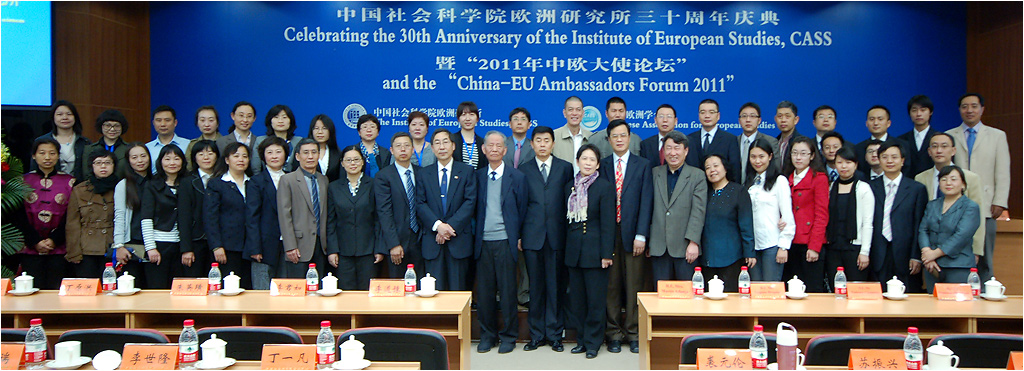
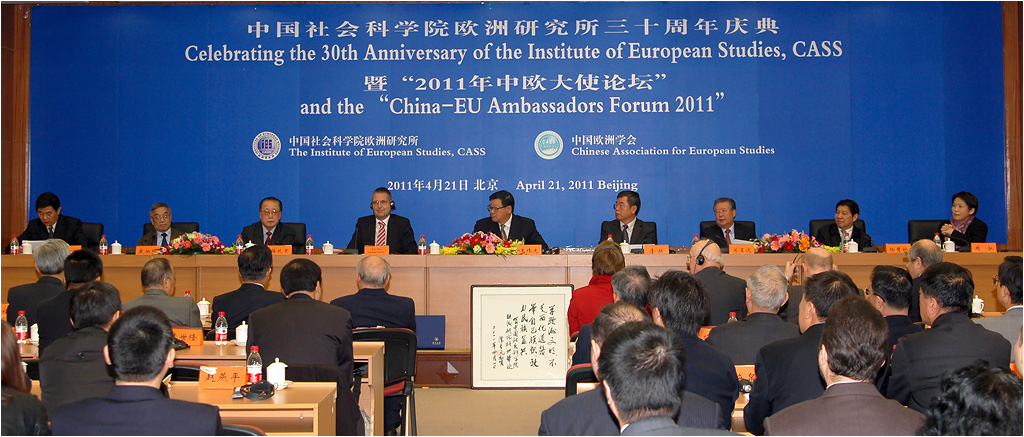
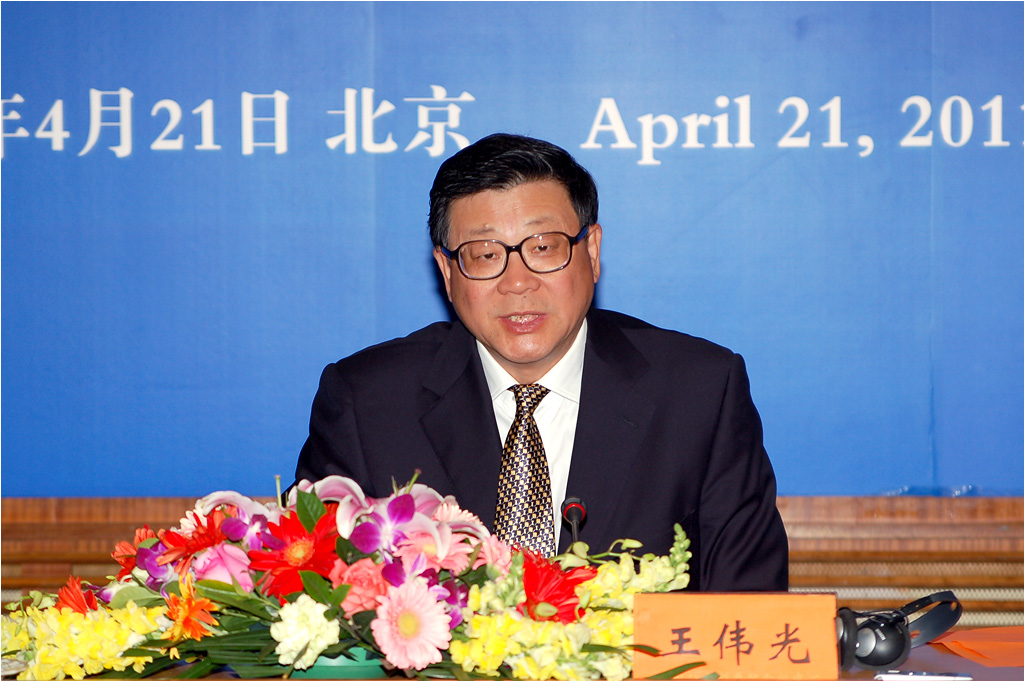
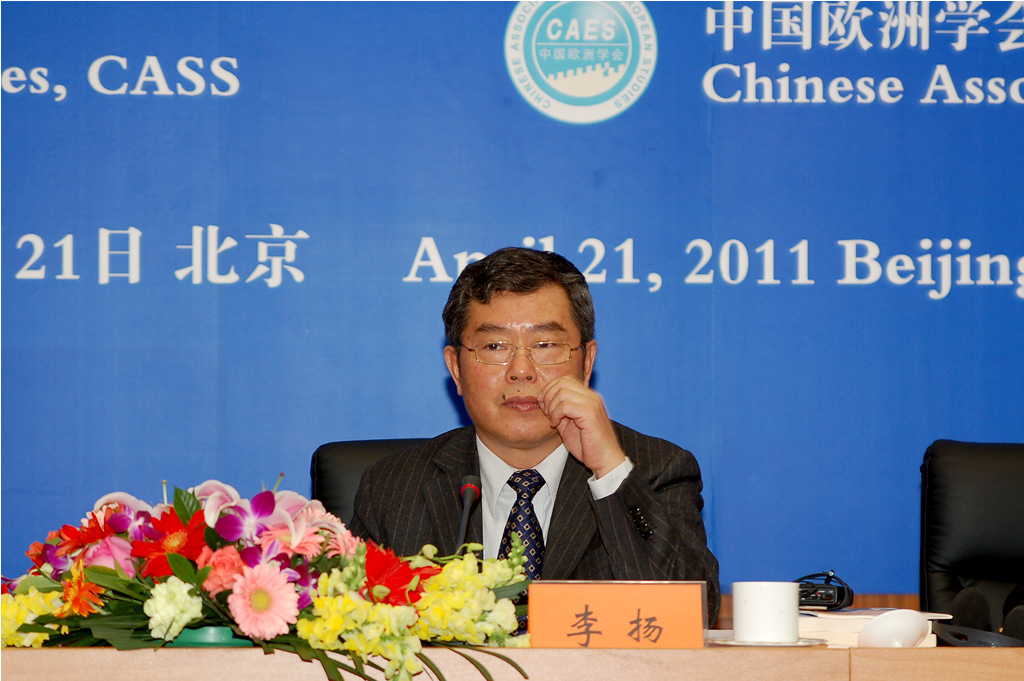
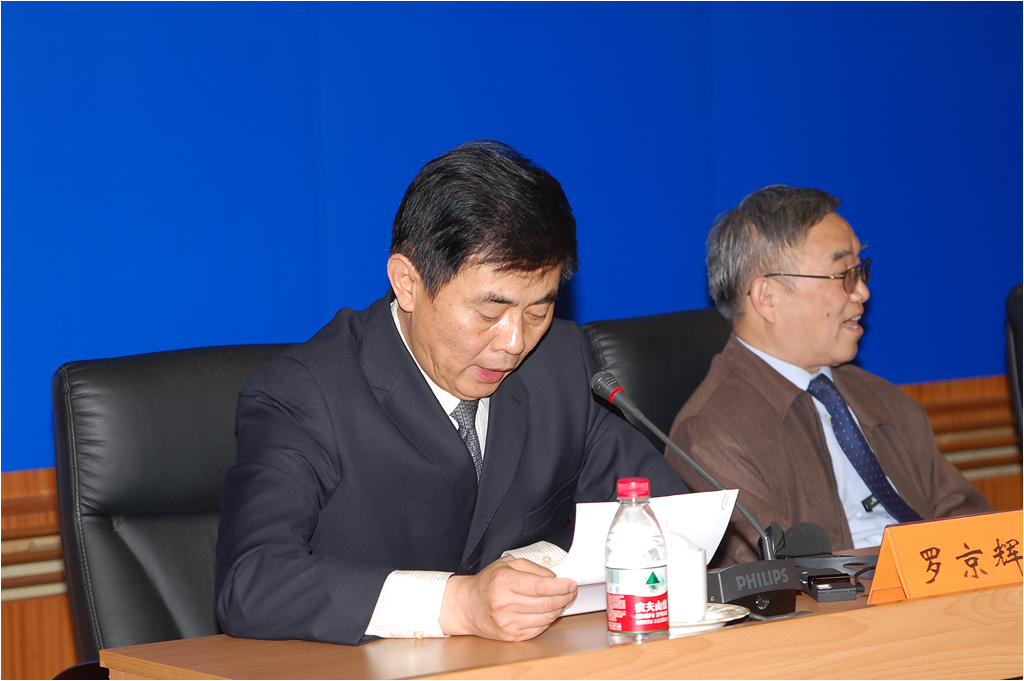
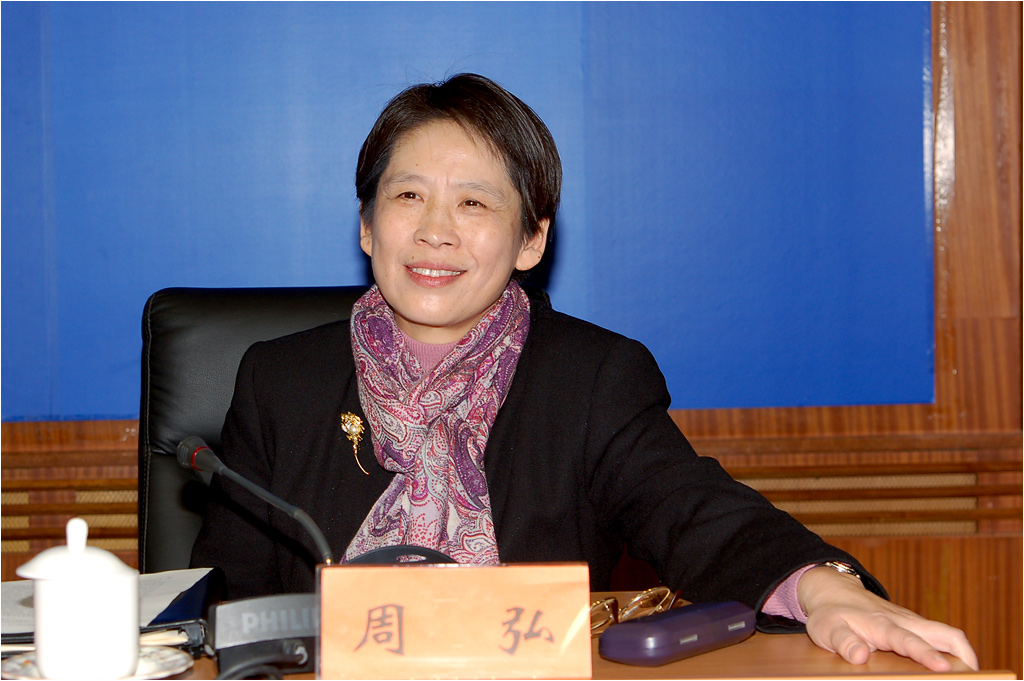
- Back _articles: Member of the European Parliament Graham Watson Visited IES
- Next _articles: German Ambassador Schaefer Speaks at IES